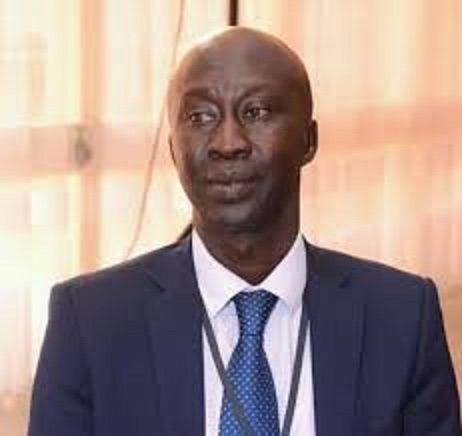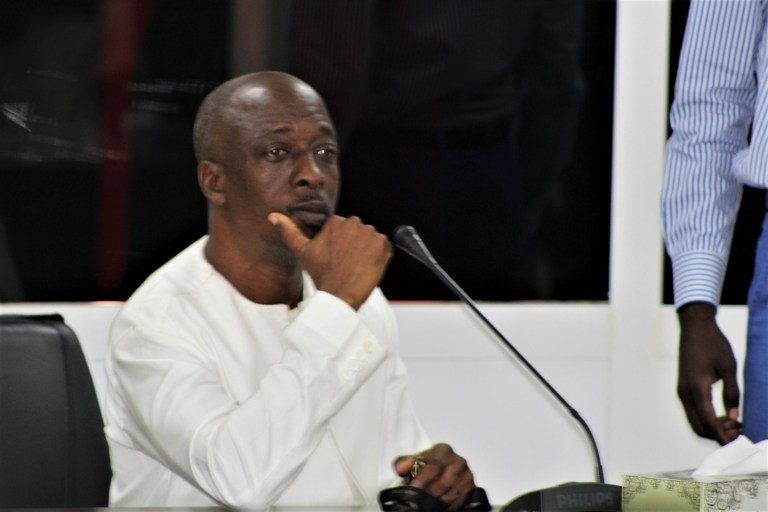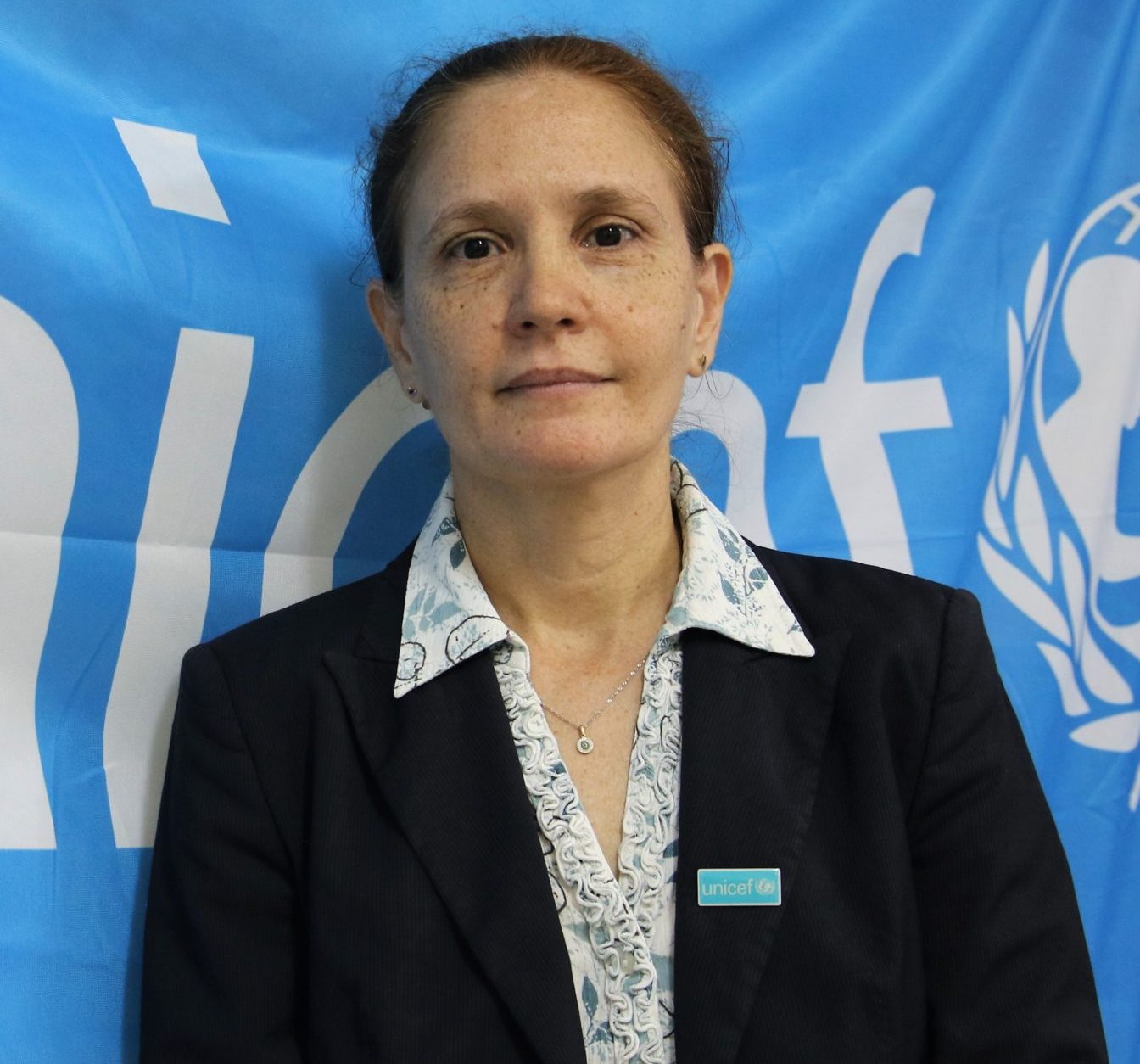By: Momodou Justice Darboe
The Managing Director of the Gambia Ports Authority (GPA), Mr. Ousman Jobarteh, has asserted that capacity development is the panacea for irregular migration to the EU.
As The Gambia struggles with the truculent issue of youth migration to the EU irregularly, Mr. Jobarteh emphasized that the country has to leverage its human capital.
“Now, there is a transformation in terms of the governance leadership in this country because new instruments have been introduced in terms of the bills that are passed at the National Assembly, which all goes to improve the governance environment. Once that is done, then the sectors now have to reciprocate it by ensuring that we deliver services that would meet the expectations of the public and you would realize that one of the important aspects is to develop skills and human capital in this country because we are endowed with human resources that can be transformed to add more value such that there will be self-employment created in all the disciplines, particularly agri-business. As a country, if we want to reduce unemployment and fight the Backway Syndrome, we have to empower the youths and make them self-employed and we can only do that by doing capacity development,” the GPA boss told journalists in a recent press briefing.
Mr. Jobarteh pointed out that since 2006, the GPA has been rendering financial support to UTG students through Operation Promote Excellence in Sciences(OPES) to help develop capacity in the Science field, adding that the Authority used to offer scholarship packages to more than 150 students at the cost of D8M annually.
“Around 2019, we changed the package to include STEM but we held back to review and assess. Our new thinking is to invest in capacity and skills development like skills training. You will see that a lot of artisanal sectors can be developed, particularly targeting youths, womenfolk, and less-privileged members of society so that they can go into trades that are self-employing. This is something that we want to do as our contribution to help socio-economic regeneration in this country because if youths are employed, they will be self-sustaining and they will also start creating wealth,” he underscored.
Mr. Jobarteh pointed out that people should be empowered with skills to be able to legitimately travel to foreign countries and have cause to do business and come back home and continue to contribute to the socio-economic development of the country.
“Ours is a legacy issue at the moment and we owe it to generations yet unborn to ensure that structures are put in place and strong pillars for governance introduced in this country to ensure transparency and accountability of public service such that the impact would be positive to all Gambians,” he underlined.
Meanwhile, according to MD Jobarteh, there is “a huge need in the market” for a functional shipyard in the country.
“With regards to the Banjul Shipyard, it’s a facility for ship repair and we are the primary beneficiary in the sense that we operate harbor crafts, we run the ferries and there are industrial and artisanal fisheries sectors that we serve and if you look along the coastline, there are few shipyards that are around. One is in Nouadibou and the other one, I think, is in Dakar, Senegal but it’s a floating dock, and the furthest we can go to have a shipyard is in Angola. So, there is a huge need in the market to have a functional shipyard not only for our benefit but the wider maritime sector,” stated Mr. Jabarteh. He added: “Attempts have been made to get a private investor, who is already interested in investing in the capacity development and the rehabilitation of the Banjul shipyard. Arrangements have gone very far and we are negotiating on a contract. Also based on the SBV model, where the authorities could hold shares in the company just to assure that there would be job security, there would be new investment opportunities created for Gambians, and skills would be developed. We expect that by the turn of the New Year, the investment would have been in place, signed and there would be visibility in terms of the improvement of the shipyard.”
On the Banjul Fisheries Jetty, Mr. Jobarteh said the GPA provides financial and managerial support to the jetty because of the synergy of their operation to the port.
“But it’s a facility owned by Fisheries. There is a landing site for fish. Fish is brought to The Gambia and GPA is providing support to run the facility. By and large, the facility is self-sustaining in terms of its revenue generation to cover its functions but the strategy is to invite private sector investment in the development of ancillary facilities that would add value in the fisheries sector because it has the potential for employment creation and also earning of foreign exchange for the country because of the export product,” he explained.





